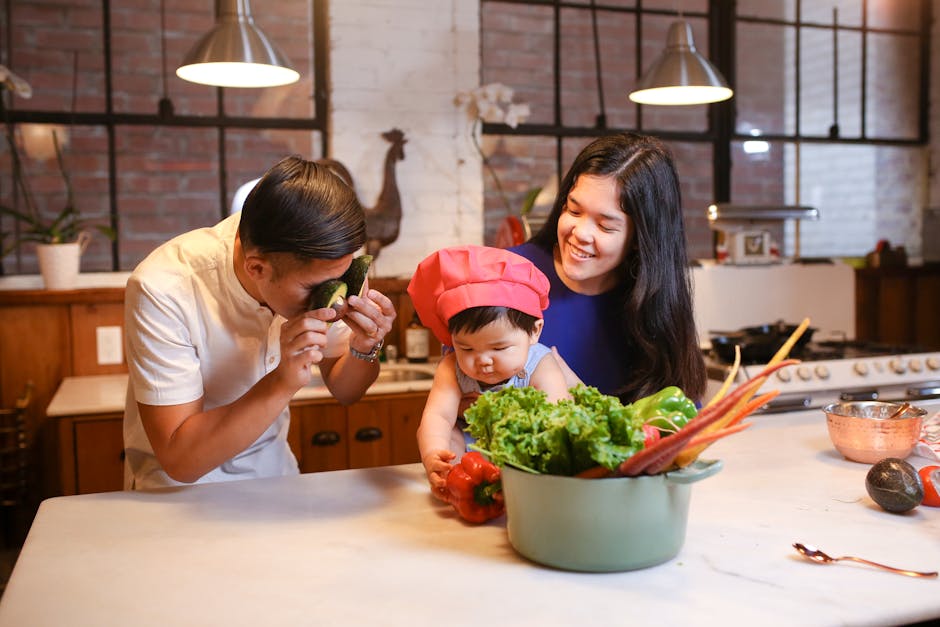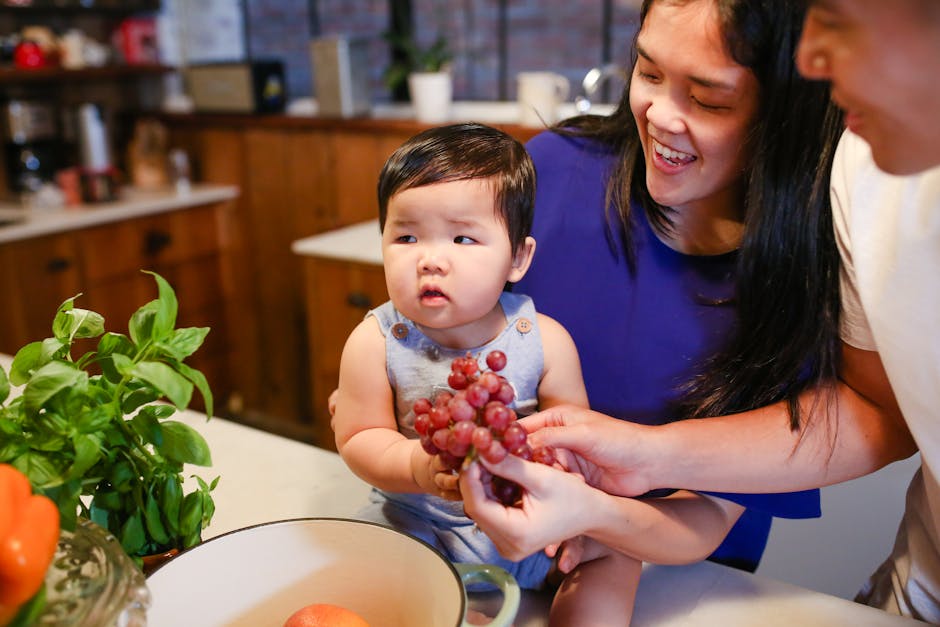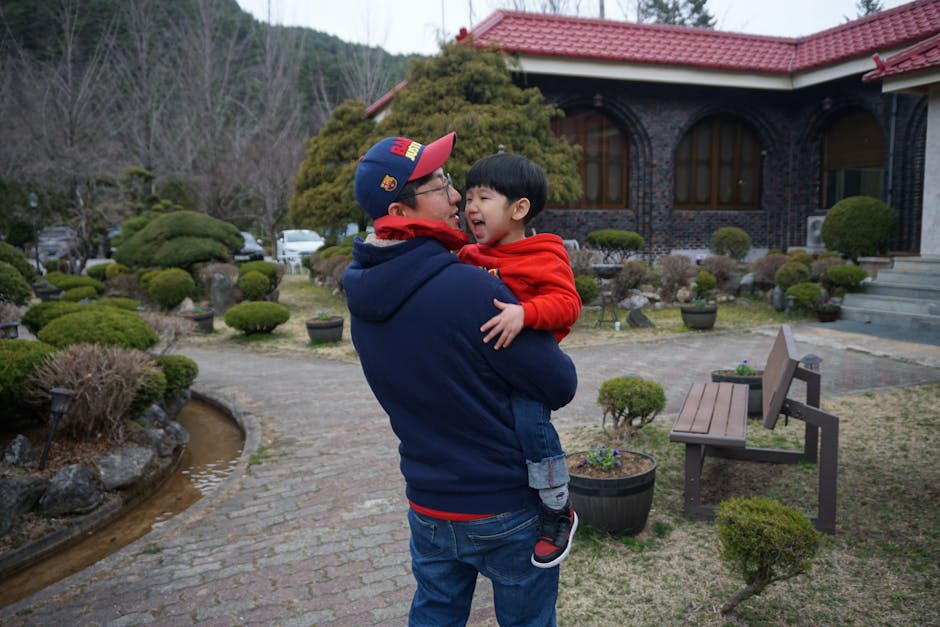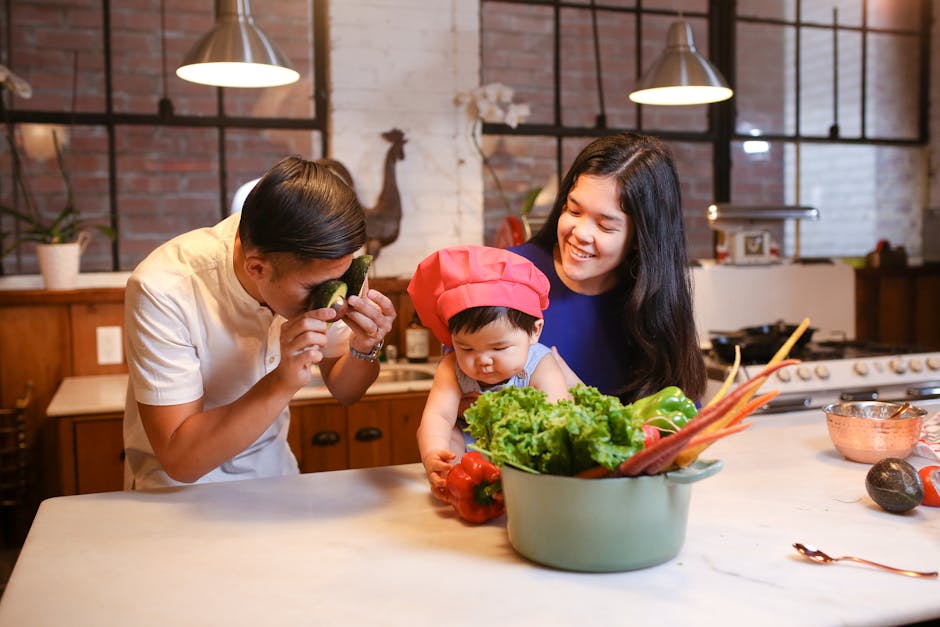The Multifaceted Meaning of ‘Dad’ in Korean
While the most common way to say ‘dad’ in Korean is 아빠 (appa), the Korean language offers a rich tapestry of terms reflecting different levels of formality, affection, and familial relationships. Understanding these nuances goes beyond simple translation and offers a glimpse into the cultural significance placed on family dynamics in Korean society. This comprehensive guide delves into the various ways to express ‘dad’ in Korean, exploring their contextual uses and providing you with a complete understanding of this seemingly simple word.
The Most Common Term: 아빠 (Appa)
아빠 (appa) is the most widely used and universally understood term for ‘dad’ in Korean. It’s informal and typically used by children and close family members. This term is affectionate and carries a sense of warmth and closeness. It’s the equivalent of the English ‘dad’ or ‘papa’. You’ll hear this term used frequently in everyday conversations and within families.
Formal Terms for ‘Dad’: 아버지 (Abeoji) and 아버님 (Abeonim)
While appa is perfectly suitable in most informal settings, Korean culture places a high value on respect and formality, especially when addressing elders. Therefore, more formal terms exist for referring to one’s father. 아버지 (abeoji) is the standard formal term for ‘father’. It’s used when speaking to your father or referring to him to someone else, especially in formal situations or when addressing someone older than yourself. It carries a respectful tone and is appropriate in most situations outside the immediate family circle.
아버님 (abeonim) is a slightly more respectful term, often used when addressing your spouse’s father (father-in-law). The suffix ‘님’ (nim) adds a layer of honorific respect, making it suitable for formal occasions and interactions.
Regional Variations and Dialects
Like many languages, Korean dialects exhibit regional variations in vocabulary. While appa and abeoji remain largely consistent, some subtle differences might exist in pronunciation or the use of alternative, less common terms in specific regions. These variations are usually minor and don’t significantly impact understanding, but they contribute to the rich linguistic diversity within the Korean language.
Terms of Endearment: Daddy and Other Variations
Similar to English, Koreans also use terms of endearment when addressing their fathers. While there isn’t a direct equivalent to ‘daddy’, variations of appa with added affectionate suffixes or diminutives can be used to express intimacy and warmth. This is heavily dependent on individual family dynamics and the relationship between the child and father.
Using ‘Dad’ in Different Contexts
The choice of term when referring to ‘dad’ in Korean hinges heavily on context. Consider the following examples:
- Informal setting with close family: 아빠 (appa)
- Formal setting, speaking to or about your father: 아버지 (abeoji)
- Addressing your father-in-law: 아버님 (abeonim)
- Writing a formal letter: 아버지 (abeoji) or even the full name and honorifics
- Addressing your father affectionately: A variation of appa with an endearing suffix, depending on family customs
Beyond the Words: Cultural Significance
The various ways of saying ‘dad’ in Korean reveal much about the underlying cultural values. The emphasis on respect for elders and the nuanced vocabulary used to address family members highlight the importance of family relationships in Korean society. The distinct formal and informal terms reflect a hierarchical structure that is ingrained in Korean culture, demonstrating the importance of social context in communication.

Learning the Nuances: Mastering Korean Family Terminology
Mastering the subtleties of addressing family members is essential for effective communication and building meaningful relationships within Korean culture. Learning beyond just the basic translations allows for a deeper understanding and appreciation of the richness and complexity of the Korean language. It showcases respect and cultural sensitivity, fostering stronger bonds and more meaningful interactions.

Expanding Your Korean Vocabulary
Beyond the terms for ‘dad’, exploring other family terminology can further enhance your understanding of Korean culture. Learning words for mother, siblings, grandparents, and other relatives provides a more comprehensive grasp of family dynamics in the Korean language and cultural context. This knowledge is particularly useful when engaging in conversations about family or personal background.
Practical Applications and Exercises
To solidify your understanding, practice using the different terms for ‘dad’ in various scenarios. Imagine conversations with your father, father-in-law, or when referring to your father to others. This active application will reinforce your learning and improve your fluency in using these essential Korean vocabulary words.

Conclusion: The Importance of Context and Cultural Understanding
The seemingly simple question of how to say ‘dad’ in Korean opens a window into the rich tapestry of Korean culture and the intricacies of its language. Understanding the different terms and their contextual usage is vital for effective and respectful communication. By grasping these nuances, you demonstrate a deeper understanding of Korean society and strengthen your relationships with Korean speakers.
Further Exploration: Resources and Learning Tools
Numerous resources are available to further enhance your understanding of Korean language and culture. Online dictionaries, language learning apps, and Korean language courses provide comprehensive tools for mastering Korean vocabulary and grammar. Immersing yourself in Korean media, such as dramas and music, can also help you gain a better understanding of natural speech patterns and contextual usage.

